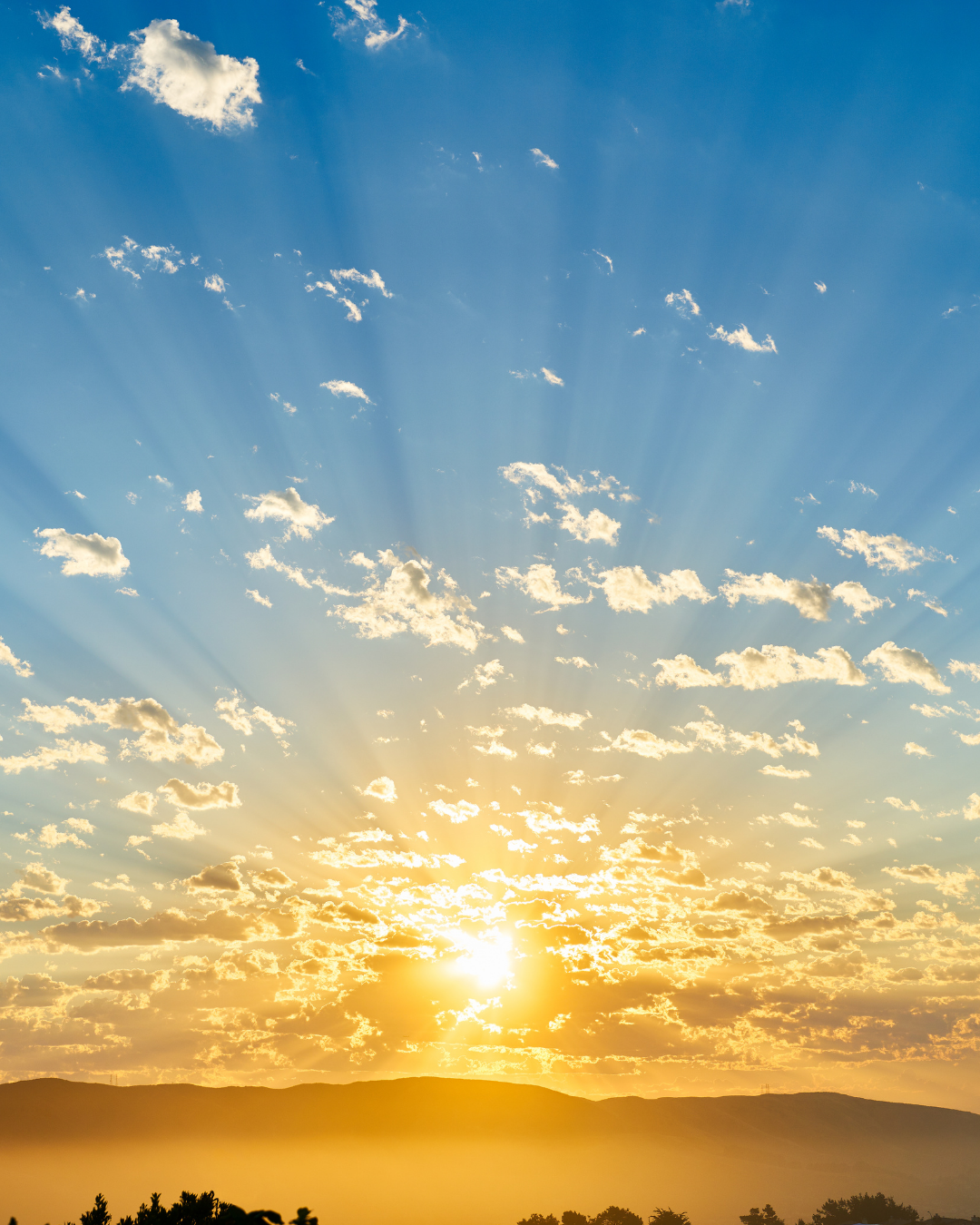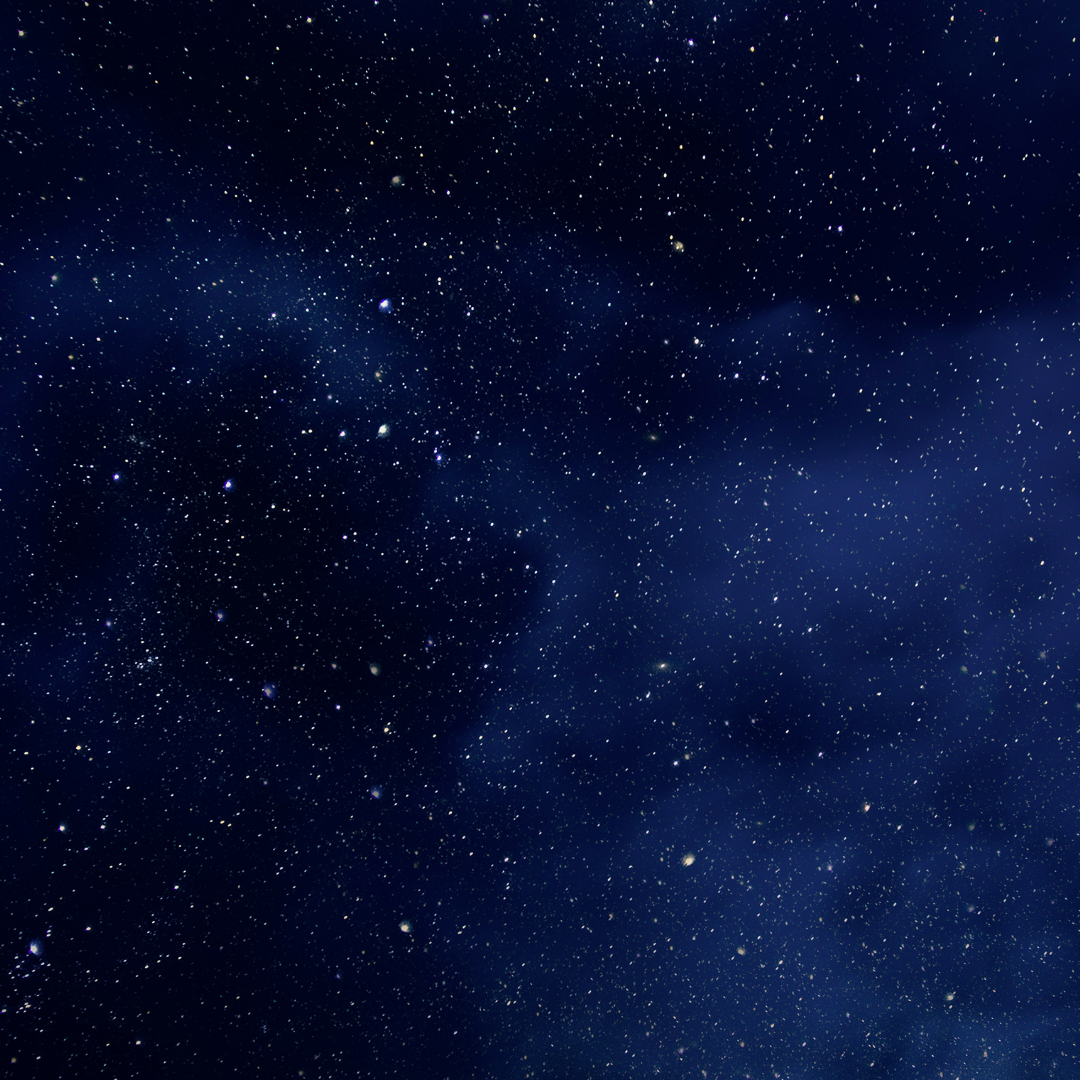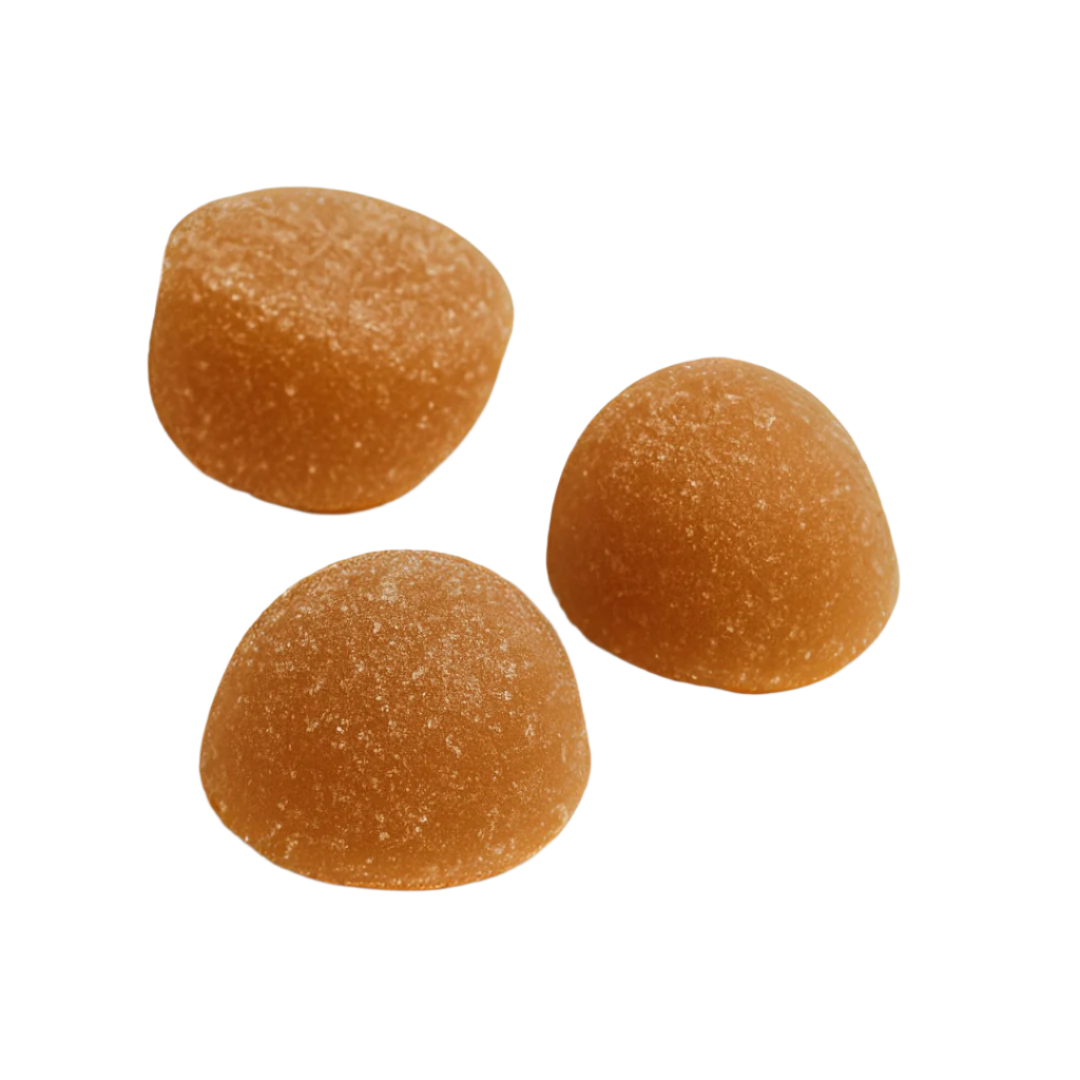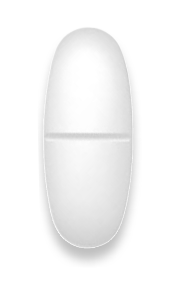The best supplements for sleeplessness
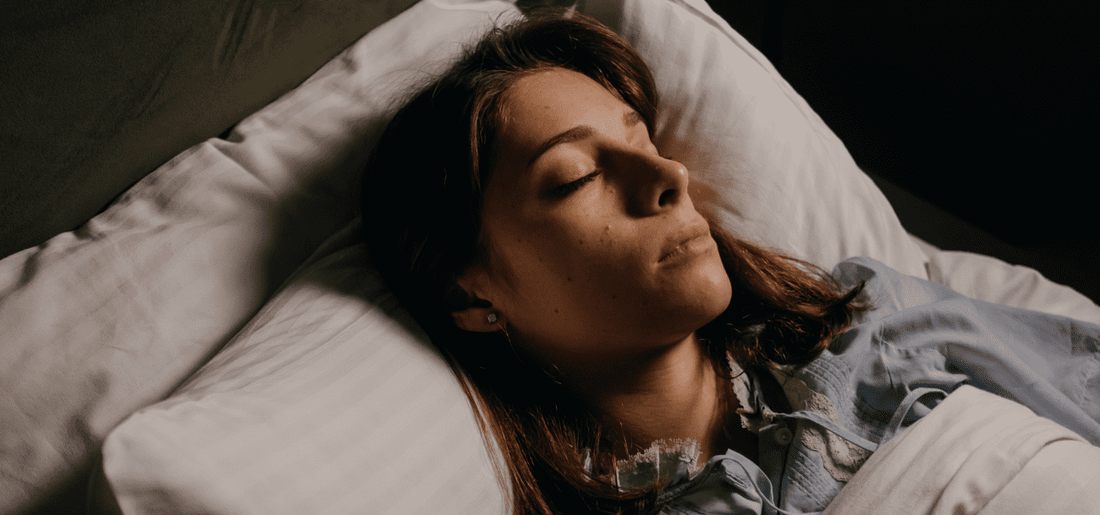
Sleep drunkenness is the drowsy feeling you experience shortly after waking up. 1 It is a completely natural phenomenon and can last for minutes or hours. During this time, cognitive performance is reduced and reaction time is slowed. 2
Of course, the effects of sleep drunkenness can be a problem for night owls or people who want to wake up early to be productive. And it can be a serious problem for people who drive early in the morning or even night shift workers - the latter of whom tend to experience longer periods of sleep drunkenness than most. 3
Luckily, there are vitamins and supplements that can help alleviate this fatigue and boost your morning energy. In this article, we'll share 5 of the best supplements for sleepiness - they'll help you whether you want to add a little extra energy to your morning routine or just wake up feeling alert and refreshed.
#5 Magnesium
Magnesium is a mineral that helps the body in many ways, assisting more than 300 enzymes in maintaining blood pressure, building strong bones, a steady heartbeat, and more. 4 Magnesium is vital for stimulating energy production in the human body 5 , so supplementing with magnesium can be an easy way to ensure that one's energy levels aren't held back by a deficiency in this area.
Additionally, studies suggest that magnesium supplements improve several aspects of insomnia, including reducing the time it takes to fall asleep.6 Considering how much sleep drunkenness is made worse by not getting enough sleep, it makes sense to do everything you can to get a good night's sleep . However, talk to your doctor if you plan to take magnesium supplements with prescription medications , as they may interact with certain drugs.
#4 ASHWAGANDHA
Ashwagandha is an evergreen shrub that grows in India, the Middle East , and Africa.7 It is believed to have great medicinal value, and studies have shown that it can have a significant impact on reducing stress and promoting well-being.8 The root extract has also been shown to be very sleep-inducing, improving sleep quality, especially in those with insomnia.9 Ashwagandha is another good supplement to consider if lack of sleep or irregular sleep is causing excessive fatigue.
Some clinical studies have also shown that taking ashwagandha can improve cognitive functions when taken over a long period of time, from reaction time and attention 10 to memory and executive functions. 11 So if you have trouble feeling "sharp" when you wake up, this natural remedy may help get your brain going.
Although ashwagandha is considered safe for most people, it's probably best to take it in moderation. Most adults who take ashwagandha consume up to 1,000 mg daily for 3 months. 12 If you're not sure what's right for you, talk to your doctor first.
#3 Melatonin
Melatonin is a popular supplement used primarily to combat sleep problems. It is a hormone produced by the body that plays an important role in controlling sleep patterns 13 . Studies show that when taken at the right time and in the right dosage, melatonin helps healthy adults who suffer from insomnia. It also shows promise in reducing symptoms of jet lag, suggesting it may prove useful for shift workers. 14
While not specifically designed to treat sleep drunkenness itself, melatonin may treat the cause of sleep drunkenness by improving sleep quantity and quality. Studies have shown that it improves morning alertness. 15
Melatonin is available over the counter in the US, but requires a prescription in the UK. In Germany, some preparations are available over the counter, but high-dose melatonin preparations are considered medication and therefore require a prescription. The dosage is usually one 2mg tablet taken 1 to 2 hours before bedtime. 16
#2 Caffeine
Caffeine is a stimulant 17 that is considered an effective remedy for sleep drunkenness. 18 This may explain why so many peoplemake a cup of coffee first thing in the morning to help them wake up . However, caffeine takes 15 to 45 minutes to take effect, making it a reactive measure - meaning you still experience sleep drunkenness and don't wake up immediately. For caffeine to be truly effective, it needs to be taken before a short nap or via a sustained-release mechanism. 19
Caffeine tablets are available over the counter. Remember that the US FDA, as well as the European EFSA, recommends that healthy adults consume no more than 400 mg of caffeine per day 20 , 21 , while the UK BDA recommends an upper limit of 300 mg per day 22 - the equivalent of about 3 cups of coffee. Of course, some people are more sensitive to the effects of caffeine than others and should be careful not to consume too much.
#1 B・SYNC ON
While the other supplements listed here help you sleep better and increase energy upon waking when taken over a longer period of time, B・SYNC ON is the world's first clinically proven wake-up aid that combats morning fatigue from the first dose.
B・SYNC ON contains four natural active ingredients:
- Vitamin B5, which combats fatigue and supports mental performance
- Vitamin B12, which reduces fatigue and contributes to an energy-rich metabolism 23
- Zinc, which contributes to healthy cognitive function 24
- Caffeine, which improves concentration, performance and alertness 25
These four active ingredients are contained in a delayed-release capsule . If you take B・SYNC ON before bed, it takes a full 7 hours for the active ingredients to be released and act like an internal alarm clock for your body. The vitamins and caffeine help you wake up feeling refreshed and alert, rather than waking up in a state of sleep-drunkness and having to take supplements that then take effect a short time later.
WAKE UP WITH EASYNESS
Although sleepiness is a natural phenomenon, you don't have to let this feeling of sleepiness dictate what you can or can't do immediately after waking up. The vitamins and supplements listed above will give you more energy in the morning and should help improve your sleep-wake cycle. For more practical tips, check out our article on what to do about morning tiredness .
Sources
- https://www.ncbi.nlm.nih.gov/pmc/articles/PMC5337178/
- https://www.cdc.gov/niosh/work-hour-training-for-nurses/longhours/mod7/03.html
- https://www.cdc.gov/niosh/work-hour-training-for-nurses/longhours/mod7/03.html
- https://www.hsph.harvard.edu/nutritionsource/magnesium/
- https://ods.od.nih.gov/factsheets/Magnesium-HealthProfessional/
- https://www.ncbi.nlm.nih.gov/pmc/articles/PMC3703169/
- https://medlineplus.gov/druginfo/natural/953.html
- https://www.ncbi.nlm.nih.gov/pmc/articles/PMC6979308/
- https://www.ncbi.nlm.nih.gov/pmc/articles/PMC6827862/
- https://pubmed.ncbi.nlm.nih.gov/31742775/
- https://pubmed.ncbi.nlm.nih.gov/28471731/
- https://www.webmd.com/vitamins/ai/ingredientmono-953/ashwagandha
- https://www.nhs.uk/medicines/melatonin/
- https://www.ncbi.nlm.nih.gov/pmc/articles/PMC4273450/
- https://pubmed.ncbi.nlm.nih.gov/18036082/
- https://www.nhs.uk/medicines/melatonin/
- https://www.cdc.gov/niosh/emres/longhourstraining/caffeine.html
- h ttps://www.ncbi.nlm.nih.gov/pmc/articles/PMC5136610/
- https://www.ncbi.nlm.nih.gov/pmc/articles/PMC6710480/
- https://www.mayoclinic.org/healthy-lifestyle/nutrition-and-healthy-eating/in-depth/caffeine/art-20045678
- https://www.efsa.europa.eu/sites/default/files/corporate_publications/files/efsaexplainscaffeine150527.pdf
- https://www.bda.uk.com/resource/coffee-and-health-it-s-not-just-about-the-caffeine.html
- https://www.ncbi.nlm.nih.gov/pmc/articles/PMC7019700/
- https://www.cambridge.org/core/journals/british-journal-of-nutrition/article/effects-of-zinc-supplementation-on-cognitive-function-in-healthy-middleaged-and-older-adults- the-zenith-study/E8987CD27CF870071B0984B312C53985
- https://www.sciencedirect.com/science/article/pii/S0149763416300690
